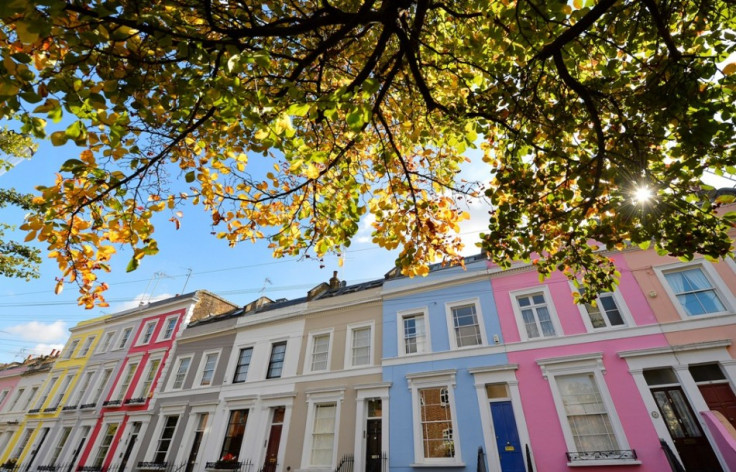Budget 2014: UK Chancellor George Osborne Eyes Stamp Duty Tax Credits to Aid Housing Recovery

UK Chancellor George Osborne is mulling over whether to grant Britons a new stamp duty tax credit scheme which could "help to get the current log jam of housing supply unblocked".
According to the UK's largest independent estate agent Haart, Osborne is considering whether to allow sellers to deduct the value of stamp duty paid by their buyer from the stamp duty they pay on their next home.
"Stamp duty is an unjustified burden on middle income families, especially in London and the southeast. It is also preventing the proper functioning of the housing market, exacerbating the shortage of housing supply," said Paul Smith, a manager at Haart.
"We are proposing a workable solution which would transform stamp duty from the tax on transactions that it currently is, with all the economic inefficiency this suggests, into a fairer tax based on the incremental increase in the value by which buyers are stepping up in the market. With each buyer in a chain now paying stamp duty, the exchequer is getting many bites from the same cherry – this cannot be justified."
UK Housing Market
Much-needed house building in the UK has hit its highest level since the dawn of the financial crisis, but is still falling far short of ever-growing demand.
The volume of new homes registered with the National House Building Council (NHBC) hit 133,670, up 28% on the year before and the most since 2007.
This came as the domestic economy began its recovery from the post-crisis slump, construction firms rebounded from a collapse in output in 2012, and mortgage-easing stimulus such as the Help to Buy scheme fuel demand.
However, the government's National Housing and Planning Advice Unit says the UK needs 290,500 new homes a year until 2031 if it is to meet current demand.
Meanwhile, Halifax said UK house prices rose sharply across the year in February amid the housing market recovery.
According to the building society's monthly index, the average price of a UK home was 7.9% higher than a year before, at £179,872.
Haart believes that one of the major barriers to moving is the high cost of stamp duty which prevents many second steppers moving up the housing ladder and while the UK Treasury would lose a proportion of the £6.9bn it raises in stamp duty "this would be partially recouped by a rise in the number of transactions, increasing the VAT collected from increased purchases of white goods, fixtures and fittings and professional services."
"As downsizers will receive full relief from stamp duty under our proposal, they will be encouraged to buy a property more suited to their situation, leaving larger homes to growing families. These families in turn will find it easier to access the extra space they need as their stamp duty bill will be reduced," said Smith.
"We estimate that this proposal would reduce the revenue raised by stamp duty land tax by around 50% before factoring in the higher housing turnover it should stimulate. However, this will be in part made up by higher housing turnover, which will increase VAT collected on purchases of new white goods, fixtures and professional services such as legal fees and removal companies. This in turn will provide more jobs and higher income taxes so the benefits are quite wide ranging."
Case Study
Bob Brown is selling his London home for £450,000 and is moving to a property for which he is paying £600,000.
Under the current system, Brown would pay 4% stamp duty tax on his new home of £24,000. However, under the proposed system the 3% stamp duty tax paid by Brown's buyer (£13,500) is credited or rolled over to Brown, reducing his stamp duty by £13,500 to £10,500.
If Brown's buyer was also selling a property they too would enjoy a credit at the appropriate stamp duty rate.
© Copyright IBTimes 2025. All rights reserved.






















